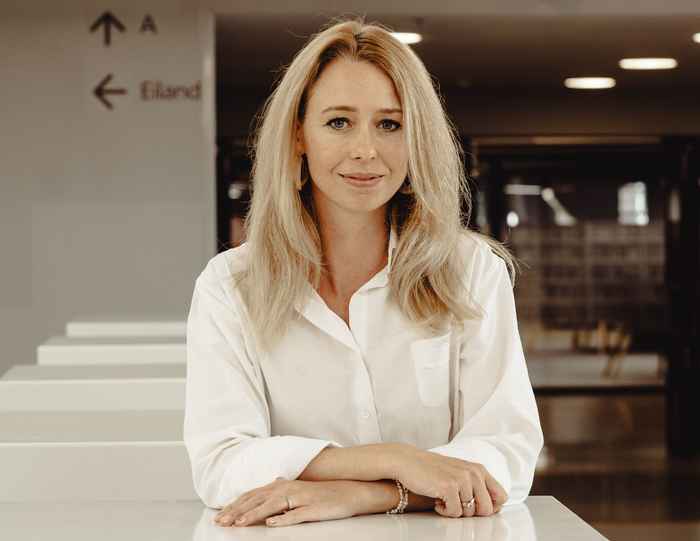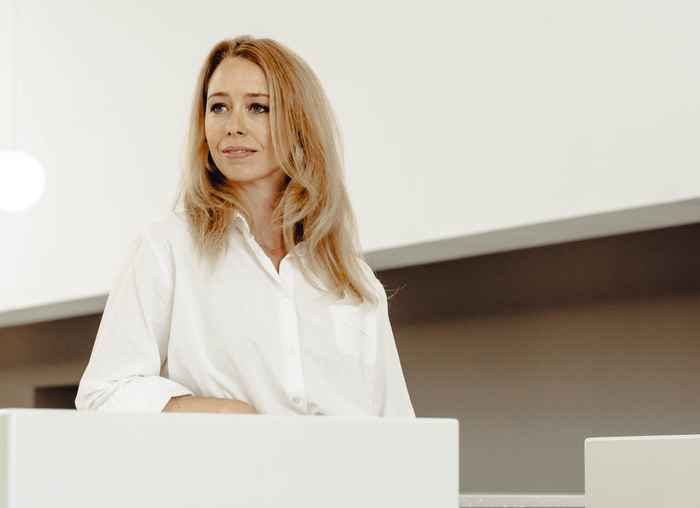‘In a digitalising society, human communication is crucial’
Lotte Willemsen has been appointed professor by special appointment of Strategic Communication
6 September 2024

Organisations play a crucial role in our daily lives, Willemsen explains. ‘People buy products from organisations, work for them and rely on them to bring about changes they deem important. Effective communication is therefore essential for building trust and strengthening relationships between people and organisations.’
An absence of humanity can lead to detachment, misunderstanding and sometimes even hostility.
Absence of humanity can lead to detachment
A key theme in Willemsen’s research is humanity in communication. ‘Research shows that people feel more connected to organisations that act and behave like humans,’ she says. This fosters trust in the organisation and encourages cooperation towards common goals. ‘An absence of humanity can lead to detachment, misunderstanding and sometimes even hostility.’

Digitalisation brings both advantages and disadvantages
According to Willemsen, her special chair is especially relevant due to the many changes in society. ‘In a time when communication seems to be becoming harsher, people actually want organisations to become more compassionate. There is a need for organisations to be mindful of both people and ethics. Social media and other digital technologies have amplified this need. People are calling for more humanity from organisations, particularly as technologies like AI (artificial intelligence) are being deployed more frequently. Under those circumstances, how can organisations retain a human touch?'
How can organisations retain a human touch in their interactions with consumers, citizens, employees and stakeholders, both despite and because of technological advancements?
Technology and humanity are often seen as opposites. Organisations are perceived as either tech-driven and cold or human-centred and warm. However, digitalisation can also foster greater humanity. ‘Through innovations like virtual reality, people from across the globe can work together as if they are in the same room, creating a sense of connection. Furthermore, virtual assistants allow organisations to provide 24/7 support in multiple languages, which can be meaningful to people when designed with a human-centred and dignified approach. These developments raise the question of how organisations can retain a human touch in their interactions with consumers, citizens, employees and stakeholders, both despite and because of technological advancements.’
Human communication strategies
Despite many organisations’ efforts to appear human, people often do not see them that way. This is something Willemsen will explore further through her special chair. ‘What does it truly mean for an organisation to be human? What communication strategies are used to achieve this, and to what effect? What does this require of communication professionals?’ She plans to investigate these themes together with other experts and communication professionals.
I firmly believe that new knowledge is created not only by conducting academic research into communication practices, but also by engaging with and working within those practices.
Willemsen’s special chair has been made possible by the Centre for Strategic Communication at Logeion. ‘I look forward to building a learning community where professionals and academics can share knowledge and work together. I firmly believe that new knowledge is created not only by conducting academic research into communication practices, but also by engaging with and working within those practices.’